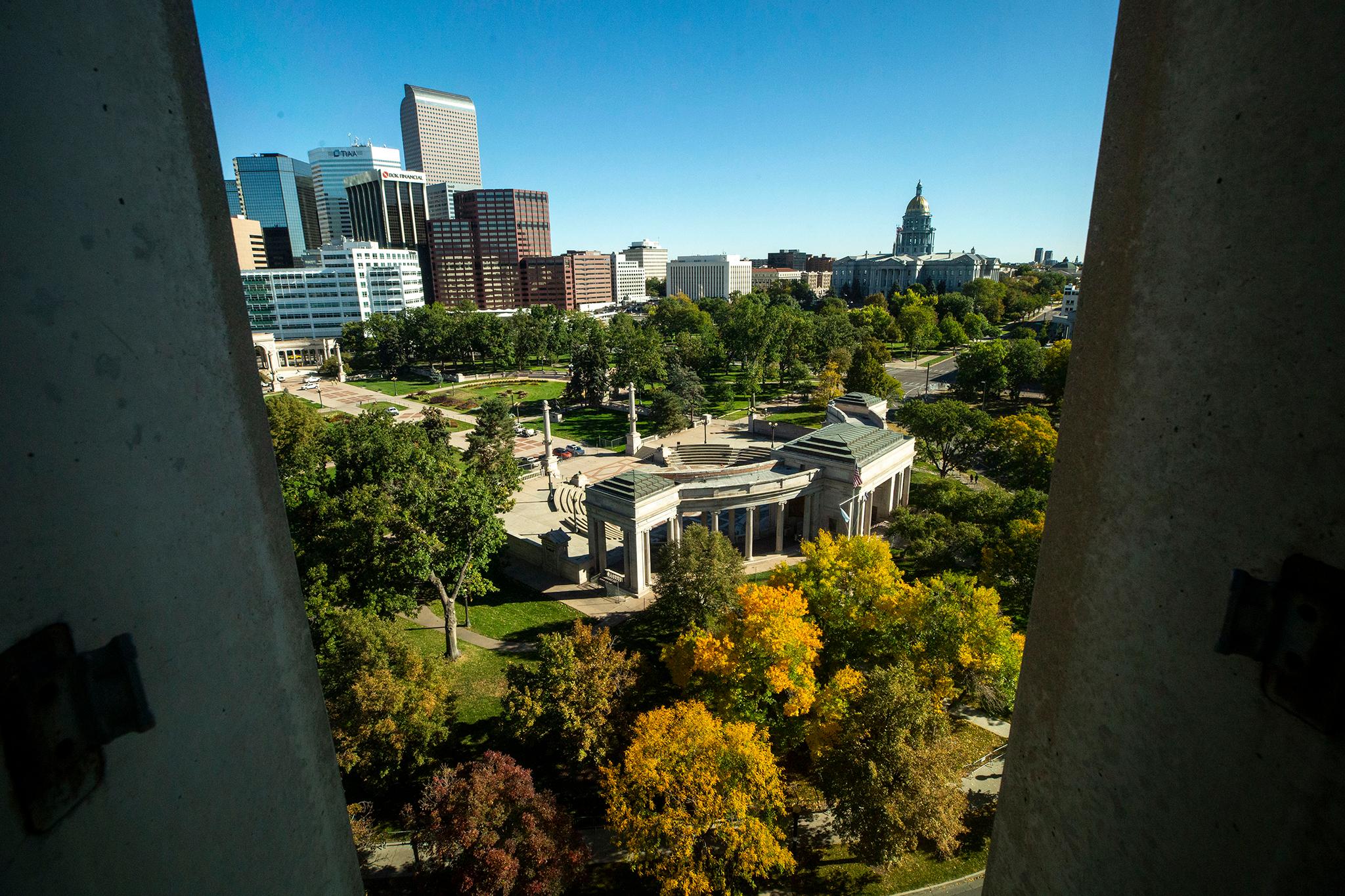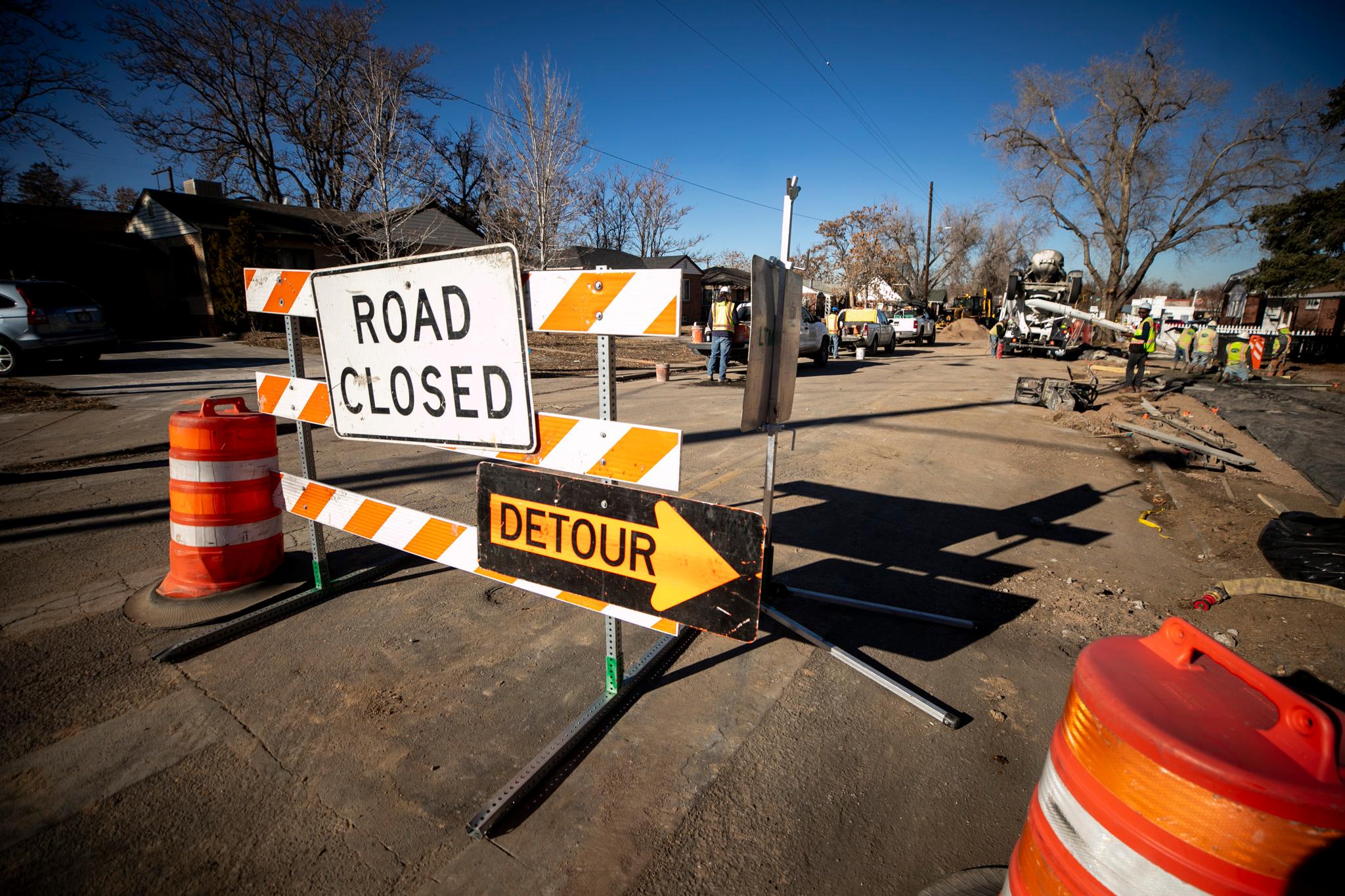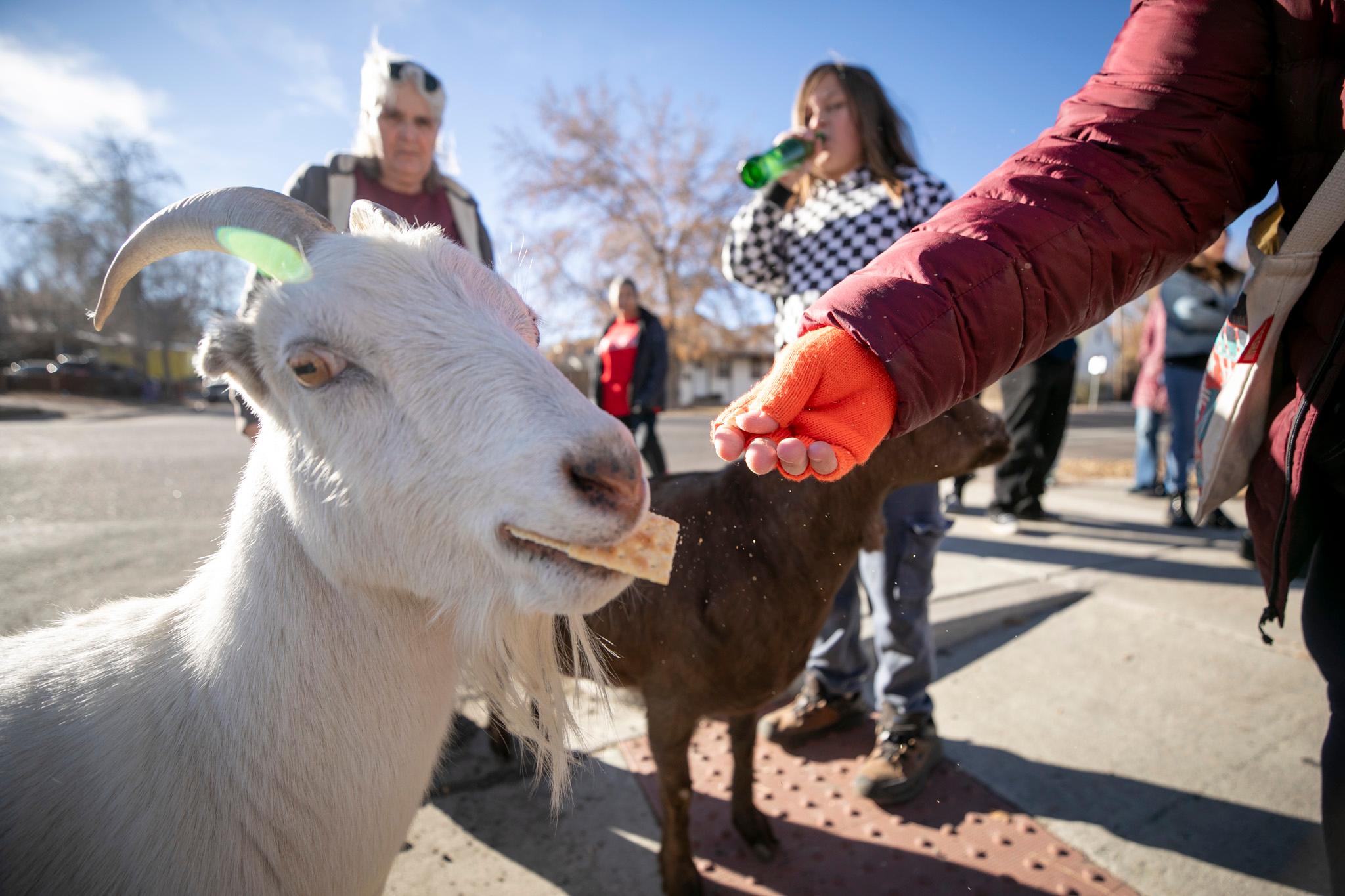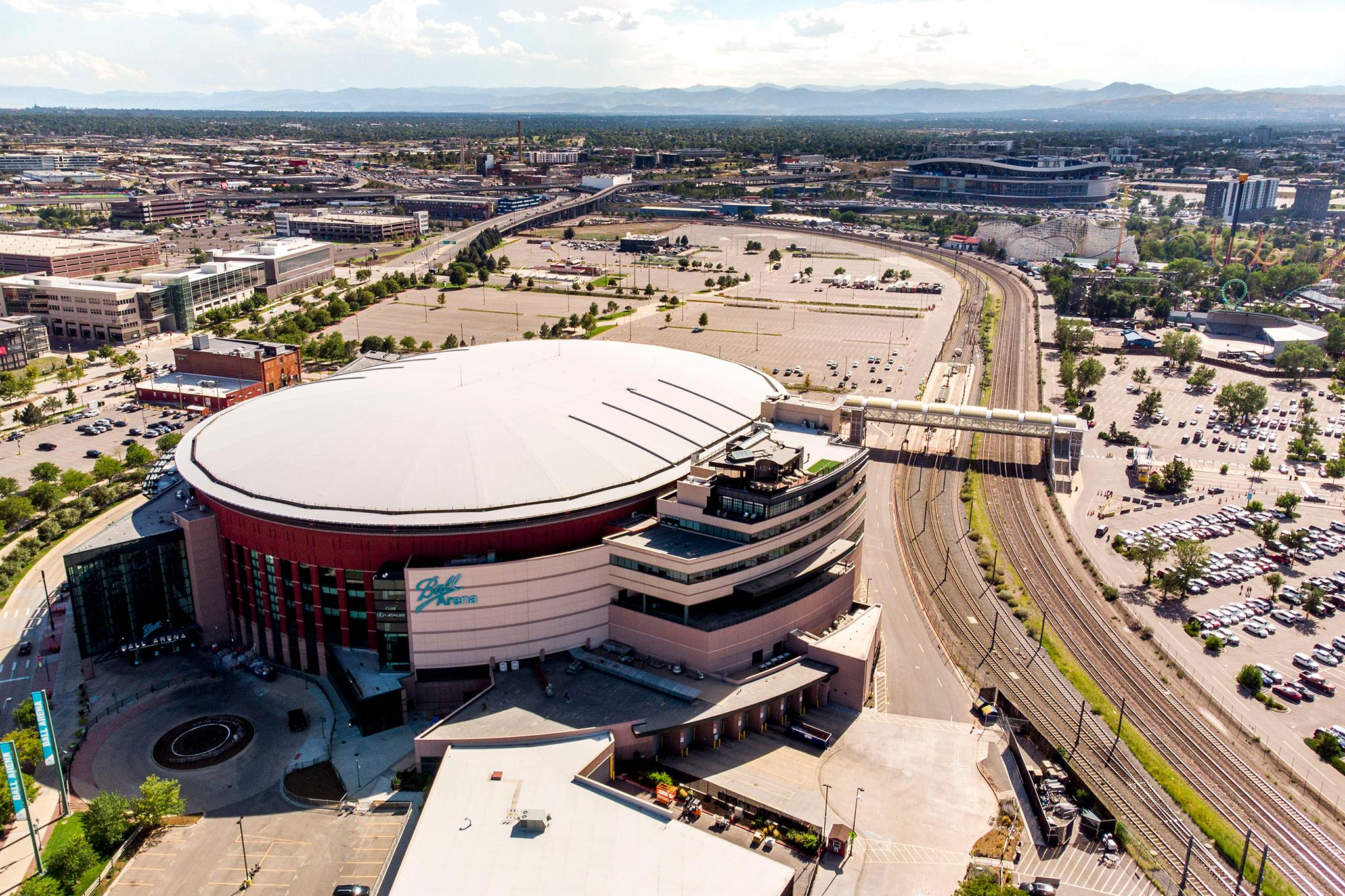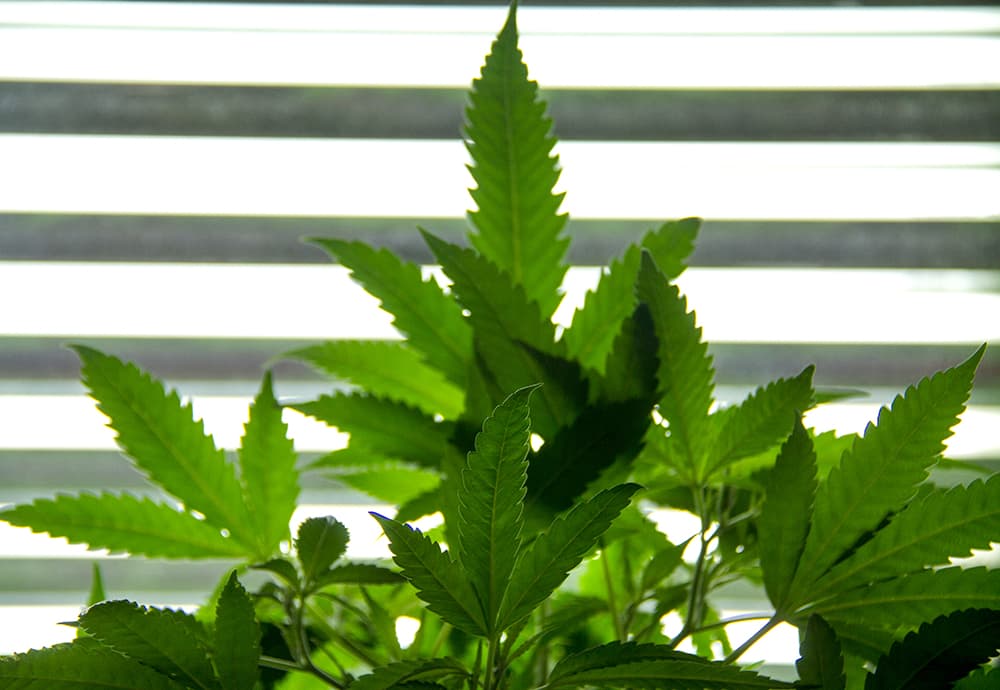
People growing marijuana at home is leading to more of the drug leaving Colorado illegally, and in some rare, but awful cases, costing people their lives, police and city officials say.
Now that Denver has developed a plan to deal with the pervasive smell of marijuana and voters have approved a program that will create legal places to consume outside the home, the next cannabis concern for the city to tackle is home grows.
Gov. John Hickenlooper recently said the illegal production of marijuana needs to be addressed in Colorado and asked state lawmakers to set aside $16 million in marijuana tax revenues to deal with the illegal activity around growing and selling cannabis.
Denver is likely to have some new laws on the books too.
"By the first half of next year, we’ll definitely be putting something forward," said Dan Rowland, city spokesman. "It’s just a matter of going through that phase of educating ourselves to figure out what the issues are and what things we could propose to city council that might actually make an impact on those things."
There's a lot that can go wrong with a home grow.
Denver police Cmdr. James Henning leads the department's marijuana team and said the issue with residents growing marijuana boils down to concerns about community safety.
"A house is a really great place for people to live, but it’s a lousy place for growing," Henning said. "When you start to look at the fires, the electrical issues, the pesticide issues and the way they grow marijuana utilizing CO or CO2, a lot of it is just inherently dangerous."
Pressurized carbon dioxide containers are used to speed up plant growth, but they can also explode if exposed to fire or cause a poorly ventilated room to have an unsafe lack of breathing oxygen.
The heat and humidity in home grows pose another health risk to people by potentially exposing them to toxic mold spores.
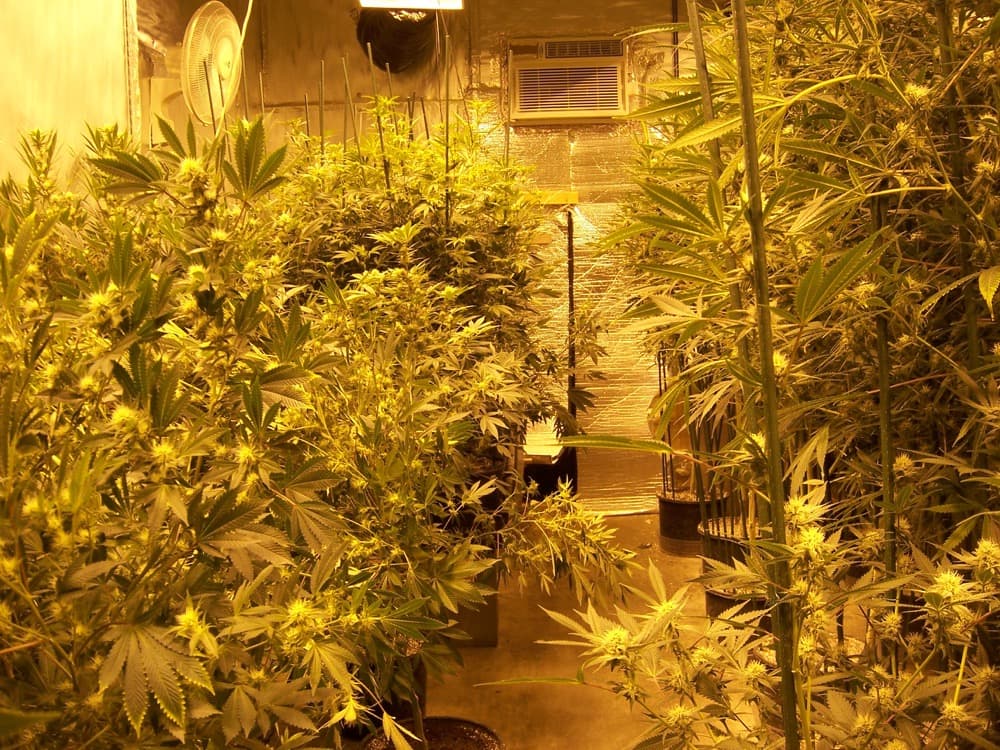
In addition to the health concerns, there were a string of violent crimes related to grows this fall that renewed concerns about public safety.
On Sept. 19, a man watching his home grow was robbed at gunpoint. On Oct. 9, a man shot and killed a 15-year-old and critically injured a 14-year-old while defending his grow. A few days later, a man was shot in the chest Oct. 17 after trying to stop someone stealing his marijuana plants, Henning said.
Henning said the rise in home grows is two-pronged.
On one side, people are growing for their own personal use. On the other, people are growing to ship outside of the state and sell on the black market.
"Four years ago before recreational passed, we had home grows. We definitely had home grows. We just didn’t have the number of them that we do today," he said.
Police are not peeping over fences or reading energy meters looking for grows. Most of what they respond to comes from neighbor complaints or other agencies, Henning said.
"Here’s the thing. If you’re growing six or 12 plants in your basement, quite honestly, and it's a detached home, the likelihood of your neighbors knowing about it or complaining about it — they might get an odor once in awhile and go what’s that — but the likelihood of that becoming an issue where they go, 'Who do I call about this?' and actually pick up the phone and call is pretty slim," he said.
"By definition, the ones we are going after are the ones people are complaining about, so they’re big enough and dangerous enough that we’re getting complaints."
Coloradans have a constitutional right to grow marijuana for their own personal use.
Under the law, six plants are allowed per Colorado resident over age 21. Only three plants can be flowering at one time.
Advocates are encouraging other states that have legalized recreational marijuana to also allow residents to have a limited number of plants. So far Alaska, California, Oregon and Washington, D.C., are on board.
"There's no reason for it to be more problematic than adults brewing their own beer," said Mason Tvert, spokesman for the Marijuana Policy Project.
The ability to produce marijuana at home is particularly important in communities like Colorado Springs where recreational sales are banned, Tvert said.
"Every time a community prohibits marijuana sales, they're making it harder to wipe out the underground market," he said.
Unless all 50 states legalize marijuana, Colorado and other communities will continue to see marijuana produced illegally in homes and other places.
"The problem is not with the law. The problem is with people violating the law," he said.
Denver isn't the only municipality in the state that's trying to figure out how to make this work.
Other communities have required residents to get their landlords' permission to grow, banned growing in condos and not allowed growing in garages and other detached structures, Rowland said.
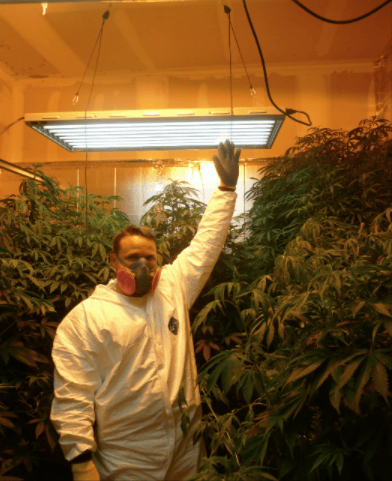
Aurora police have responded to 154 home grows as of mid-November this year. Last year, the agency dealt with 172 grows, Aurora Sgt. Scott Pendleton said.
"We're on pace to get close to last year or possibly exceed it," Pendleton said.
Pendleton leads Aurora's Narcotics Section and Marijuana Enforcement Team.
"We went through last year and amended our marijuana ordinance to put a plant max," he said. "I've a had lot of people call from other agencies where their cities or communities are trying to come up with their own ordinance, and they've used ours as a guideline."
The ordinance requires that people growing in their home have a secure, defined 150-square-foot area for the marijuana, not create light pollution and not allow the plants to produce "unusual odors" that can be whiffed from outside the property.
"These are a major concern because they affect quality of life for our residents," Pendleton said.
Figuring out how to deal with marijuana legalization is a little like playing whack-a-mole for agencies and governments in Colorado.
"One of the first issues we looked at was large commercial grows that were unlicensed. We addressed that. Another one was allowing only 12 plants in a household," Henning said. "Then pesticides reared its ugly head, and we took a bite out of that. Then extractions, home hash oil extractions."
"Now we’re kind of coming back to these home grows and seeing there’s a lot more we can do rather than just saying, 'You're allowed 12 plants. You’re good.'"
Subscribe to Denverite’s newsletter here.
Business & data reporter Adrian D. Garcia can be reached via email at [email protected] or twitter.com/adriandgarcia.



